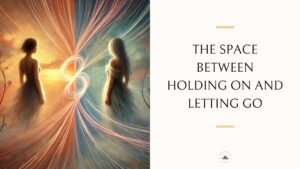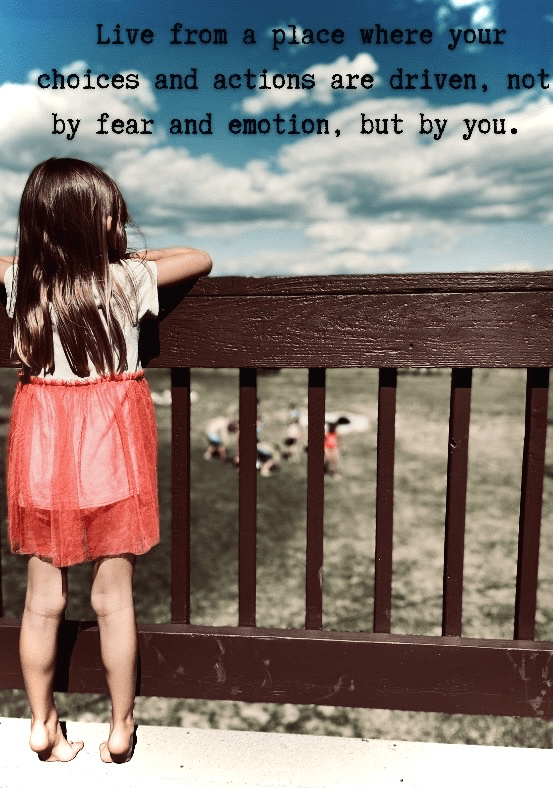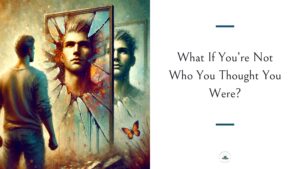From where you are now you may be able to look back on the troubling events from your past and have an understanding, a logical explanation and/or a shift in perspective for why things happened the way they did.
So why do I want to talk about your childhood?
I often hear clients say, “But I get why my mom did that—now that I’m a parent.” Or “Now I can look back and see that my dad was suffering from his own trauma. I have no hard feelings toward him anymore.” And probably the most common one I hear “It feels like a betrayal to my parents to talk about that stuff now. I have no bad feelings about those things that happened anymore—I was a kid. They did the best they could. I know that.”
All of that makes a lot of sense. I get it. You get it. It’s a good place to be.
So, why go back to that stuff? It doesn’t bother you anymore, right?
Sometimes, just because you get it doesn’t mean the little you—the kid that experienced those things has gotten that message yet. That part may still be hurting, scared, alone and/or needing attention.
How do you know if that younger you hasn’t gotten it yet?
When you have moments that you behave in ways that don’t seem to fit with the adult version of you. Or you experience painful moments that don’t make sense. Or maybe you put everyone else first, neglecting your own needs.
Examples:
“I know logically that it doesn’t make sense what I’m ______(doing, thinking, choosing, feeling) but it just keeps happening.“
“I just feel _______(sad, mad, depressed anxious) but I don’t know why. “
“I have a really good life, but I’m not ___(happy, fulfilled etc.,)”
“I am always there if someone needs me, but no one seems to _____(hear, see, understand, help) me in return.
How is blaming your parents going to make it all better?
This process isn’t about ________(blaming, betraying, hating, judging, rejecting) your _____(parent, sibling, whomever hurt you).
More often than not, people have more compassion, empathy and understanding for the people who hurt them after this work.
The process is about acknowledging your childhood experiences—that for you, at that time, with what you knew—it hurt.
Why does it have to be about your childhood?
It doesn’t have to be, but it is where your core beliefs start. It’s in your early years that you get the message __________(I am not important, it’s not safe to feel, I am stupid, I don’t belong, I am alone in this life, etc. ) Working on these core beliefs—-working on the moments that created them—this is how they become _______(I am important, I am safe to feel my emotions, I am smart, I do belong, I have support.)
What happens when you process your childhood experiences in therapy?
You feel lighter, more confident, happier. You get to experience more joy, have better relationships. I often hear “I have a lot more peaceful moments.”
You get to live from a place where your choices and actions are driven, not by fear and emotion, but by you.
Have more questions? Please email me at chelseyf@couragespeakscounseling.com.
P.S. I don’t hold negative thoughts or feelings towards your parents for the stories you tell. I, too, am a mom and a daughter. I am an imperfect parent with imperfect parents. I am not here to be the judge of anyone—just to be a guide as you find your own way home.
Copyright © 2021 Chelsey Fjeldheim, Courage Speaks Counseling




